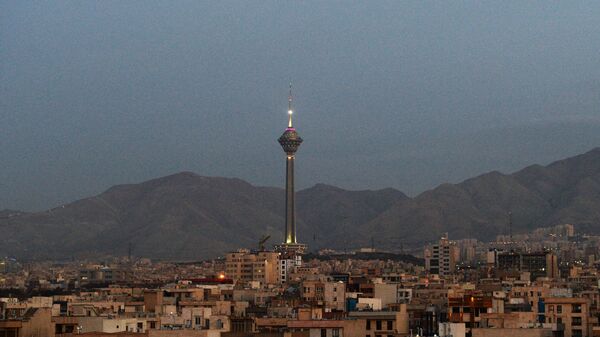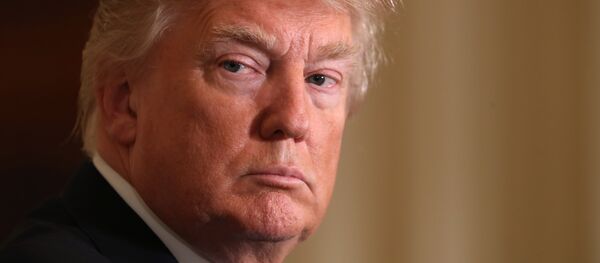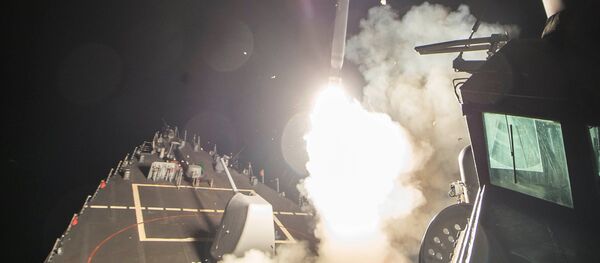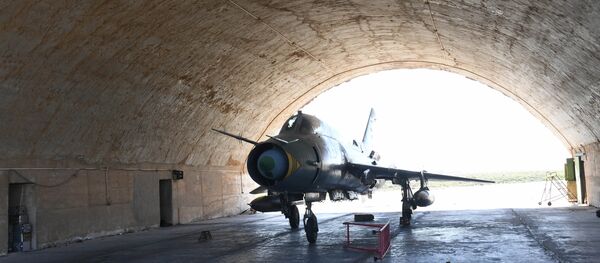The Trump administration announced Tuesday that it was launching a review whether the Iranian nuclear deal met the US national security interests.
"Notwithstanding, Iran remains a leading state sponsor of terror through many platforms and methods. President Donald J. Trump has directed a National Security Council-led interagency review of the Joint Comprehensive Plan of Action (JCPOA) that will evaluate whether suspension of sanctions related to Iran pursuant to the JCPOA is vital to the national security interests of the United States," Secretary of State Rex Tillerson said in a letter to Speaker of the House of Representatives Paul Ryan.
Trump has repeatedly threatened to reconsider the Iran nuclear deal and even labeled Iran as a "number one terrorist state."
"Iran was on its last legs and ready to collapse until the U.S. came along and gave it a life-line in the form of the Iran Deal: $150 billion," the US President tweeted on February 2.
Iran was on its last legs and ready to collapse until the U.S. came along and gave it a life-line in the form of the Iran Deal: $150 billion
— Donald J. Trump (@realDonaldTrump) February 2, 2017
"Iran is playing with fire — they don't appreciate how 'kind' President Obama was to them. Not me!" he wrote the next day.
Iran is playing with fire — they don't appreciate how "kind" President Obama was to them. Not me!
— Donald J. Trump (@realDonaldTrump) February 3, 2017
"I don't know Putin, have no deals in Russia, and the haters are going crazy — yet Obama can make a deal with Iran, #1 in terror, no problem!" Trump wrote.
I don't know Putin, have no deals in Russia, and the haters are going crazy — yet Obama can make a deal with Iran, #1 in terror, no problem!
— Donald J. Trump (@realDonaldTrump) February 7, 2017
Trump's anti-Iran sentiment has prompted fears that Washington is about to ignite yet another deadly conflict in the Middle East.
To add to the controversy simmering in the region, Trump authorized a Tomahawk strike against Syria, Tehran's closest ally in the Middle East, over alleged use of chemical weapons in Idlib.
While the situation risks growing dire, Israeli political analyst and commentator Avigdor Eskin believes that there is still a silver lining for Tehran and its allies.
According to the commentator, a potential Israeli-Iranian détente could become a way out.
"The picture looks very gloomy, but the Middle East is a place of paradoxes. So, paradoxically there is a very good chance now for an Iranian-Israeli détente," Eskin told Sputnik.
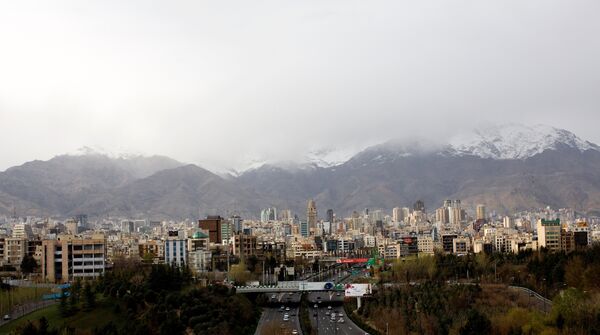
"One must keep in mind that Iran and Israel were close strategic partners and almost amicable friends until 1979. Ironically, the nuclear program Iran took up during the time of the Shah was with the certain assistance of Israel," he highlighted.
The most important here is the real politics, the Israeli political analyst argues.
He called attention to the fact that there is no real conflict of interests or any territorial dispute between Iran and Israel.
"Although, there is a theological concept that Iran should not put up with any fact of capturing of Muslim lands by non-Muslims (and Israel is located today on the lands which belonged once to Turkey, Jordan and Syria), Iran is ready to be very flexible if national interests require flexibility," the Israeli commentator noted.
"For example, Tehran sides with Armenia and not with Azerbaijan (mostly Shiite) despite the territorial conflict there," he pointed out.
Trump's toughened stance against Assad and Tehran has further aggravated tensions in the region. Is it in the interest of Israel and Iran to reduce contradictions in the region, following Trump's moves?
"The last moves of the Trump administration make their potential ability to stabilize the situation in the Middle East more than questionable," the Israeli political analyst responded.
According to Eskin, the Iranian-Israeli settlement could have changed the situation. The political analyst suggests that Russia may potentially play the role of a mediator.
"The Russian experience there is unique and today Russia is the most important player in the region, having developed deep and friendly ties with different parties including Israel and Iran," Eskin told Sputnik.
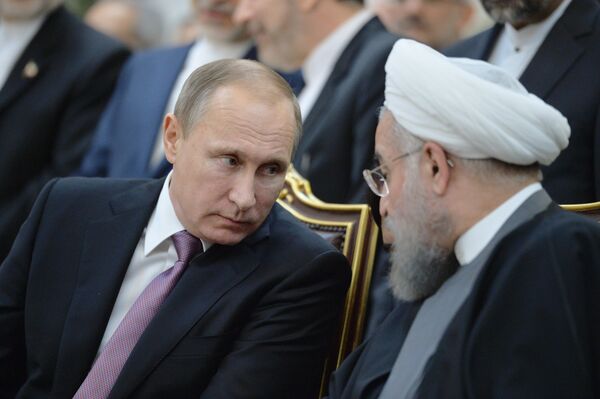
"A possible Moscow initiative to bring together the Israelis and the Iranians would have a good chance because both rival parties have a clear interest in such a move," he said, "The truth is that Iran and Israel have no real conflict of interests today."
According to the Israeli commentator, both Iran and Israel will profit from a détente with Russia's help.
"The most difficult will be the beginning itself. It will be wise if Russia invites some experts from both sides for some kind of roundtable. No government officials, but a few Middle East experts and theologians from both sides," he suggested.
"The Israeli-Syrian border has been one of the calmest places in the Middle East since 1973," Eskin recalled, commenting on the matter.
"The territorial dispute over the Golan Heights will soon reach 50 years," he said, "Very few people believe that there will be any change there after so many years. However, if peace comes there, 20 thousand Druses, who live there in full peace with the Israelis, will be glad to host their brothers from Syria and to develop especially close relations with Syria. It is interesting, but these Druses are loyal and friendly towards Israel and at the same time they are open and ardent supporters of President Assad."
"It is clear that Israeli-Iranian easing of tensions will be a positive factor for Syria. It's yet another reason to take the matter seriously," said Eskin.
What steps need to be taken in the near future by Israel and Iran to head down the path of reconciliation?
"I would strongly suggest beginning the process with non-governmental contacts under the auspices of Russia," Eskin responded, "Then there must be a change in rhetoric. Teheran should stop threatening Israel and should stop the revisionist approach towards WW2. Israel should show respect for the glory of the Persian culture since the time of Cyrus until Iran of modern days and should stop the international campaign against Tehran."
The views expressed in this article are solely those of the author and do not necessarily reflect the official position of Sputnik.
